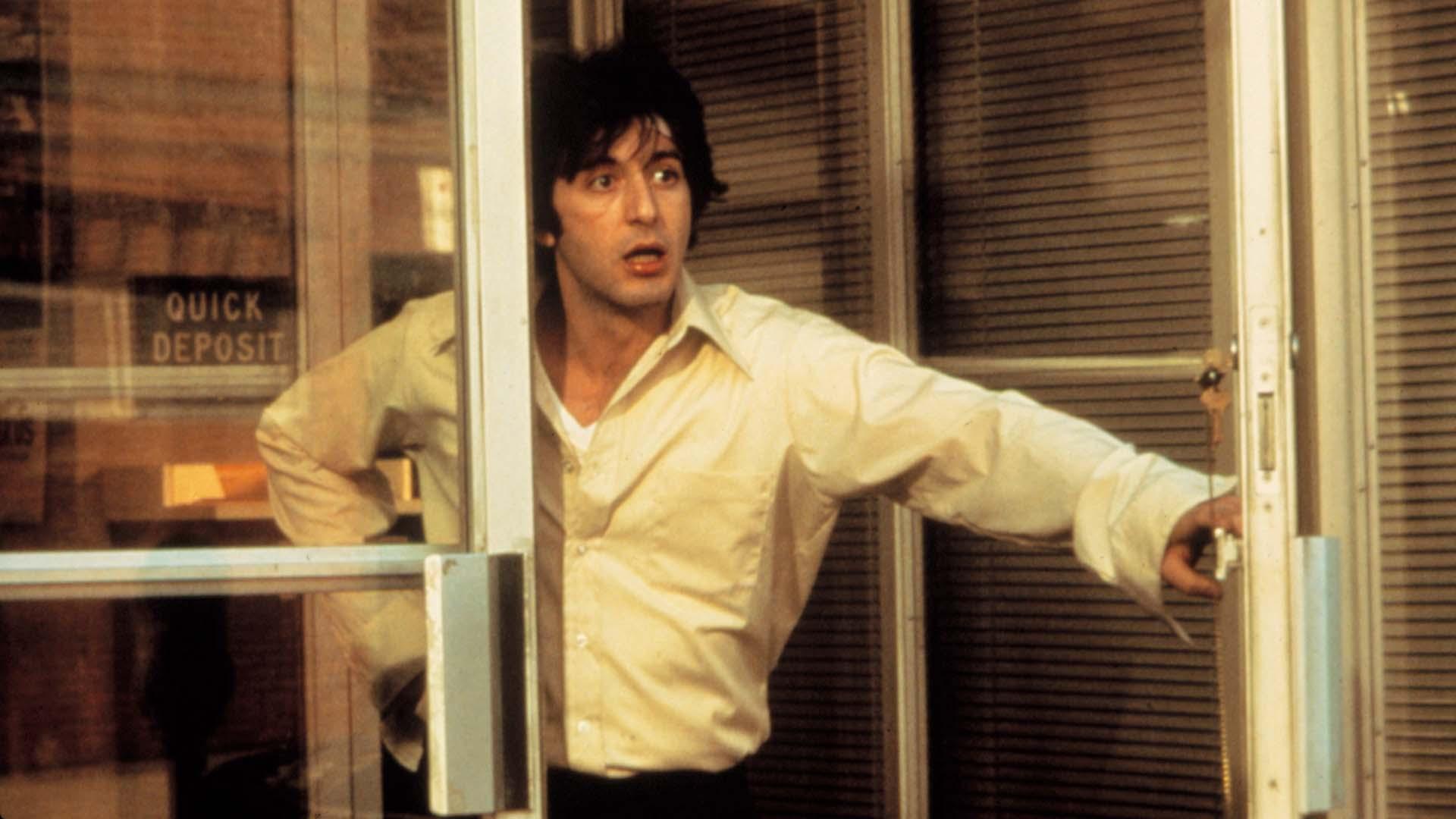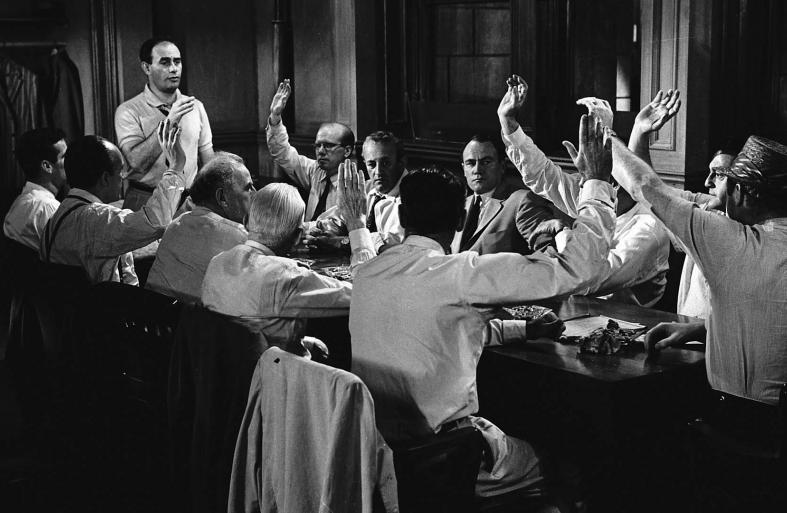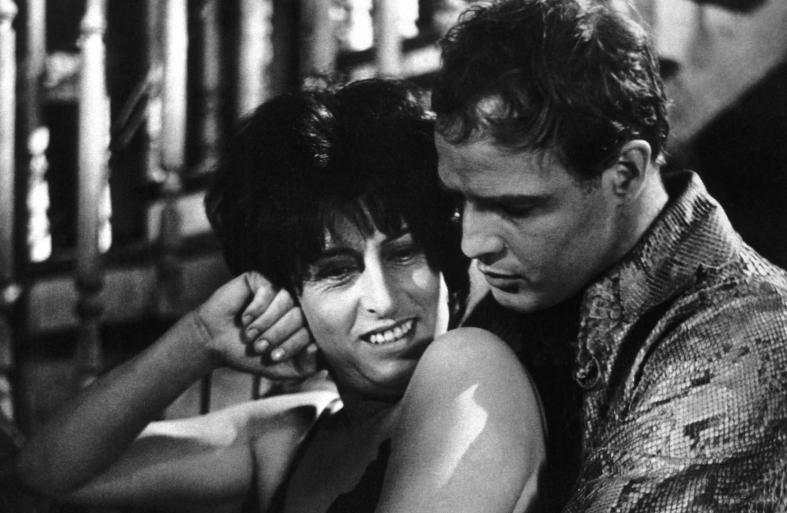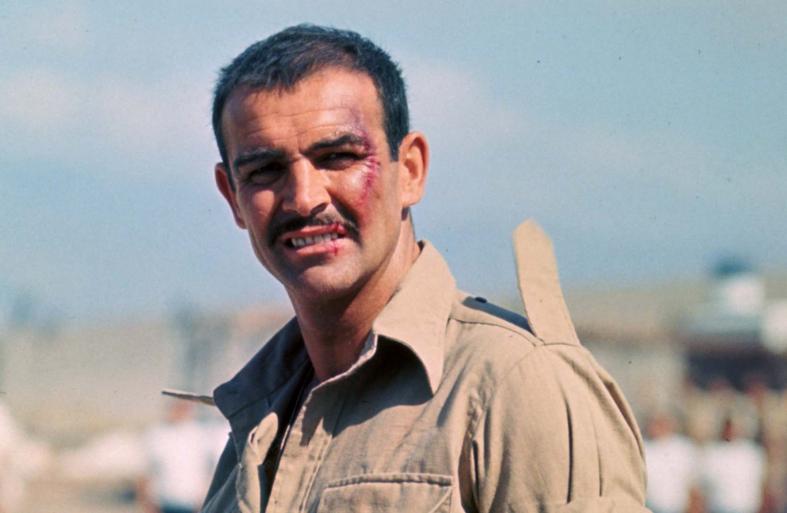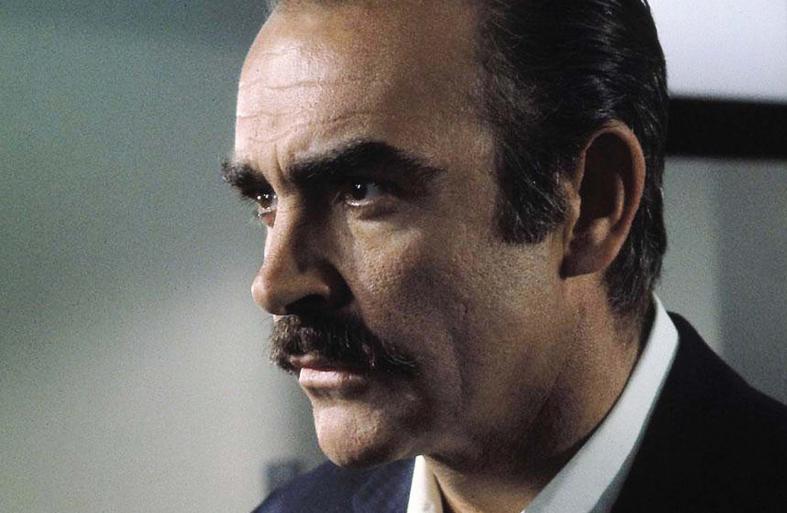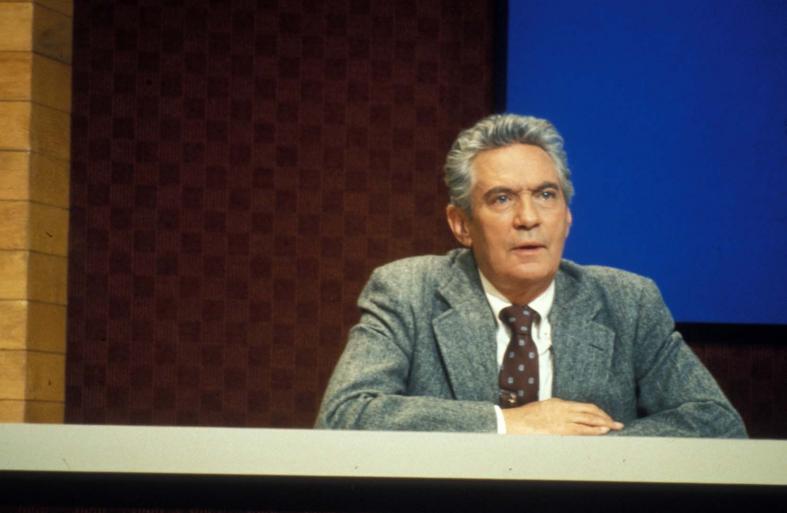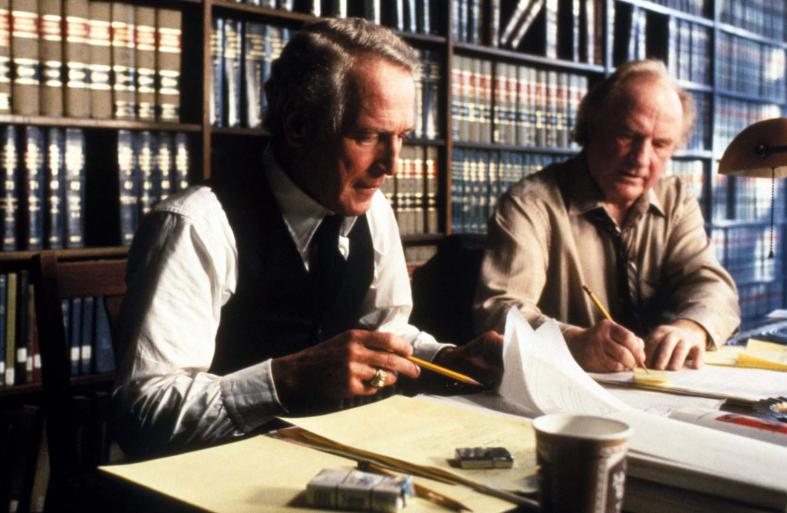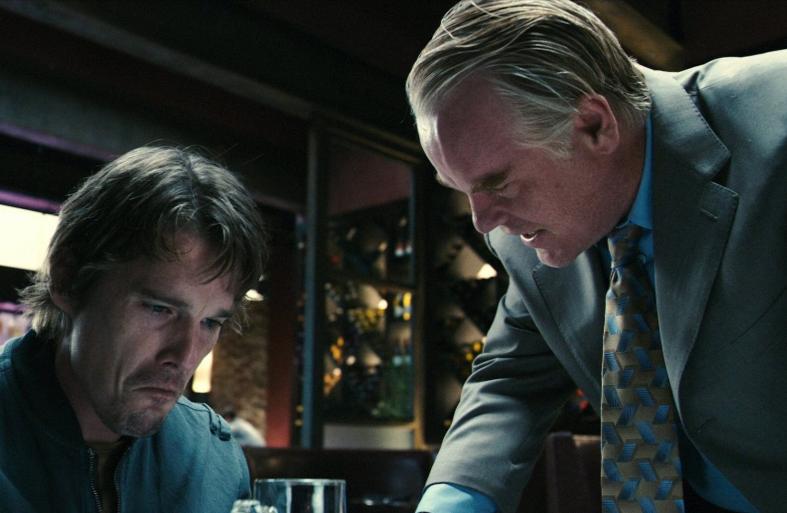When Sidney Lumet died in 2011, Roger Ebert, the veteran film critic, wrote this beautiful sentence: "To say he lacked a noticeable visual style is a compliment. He reduced every scene to its necessary elements, and filmed them, he liked to say, 'invisibly.'" Though this paragraph perfectly defines Lumet's approach - a cinematic realism almost lacking mannerism - it still doesn't explain the essence of his 50-year career that includes some of the principal titles of American cinema in the second half of the 20th century.
Lumet was born in Philadelphia in August 1924 to Polish parents, actors at the Heidi Theater, and already from a young age he was involved in theater life, first on stage and later as a director. In the 1950s, the decade in which television broke through - he specialized as a television director and directed hundreds of programs and episodes. It was only in 1957 that Lumet directs his first film, "12 Angry Men." Already in his debut work, the tension between the two stylistic forces that shaped his career, theatricality and realism, is present, alongside constant confrontation with questions of morality and justice.
Lumet's career is rich in adaptations of plays - "The Fugitive Kind" (Tennessee Williams), "Long Day's Journey into the Night" (Eugene O'Neill), "A View from the Bridge" (Arthur Miller) "The Sea Gull" (Anton Chekhov), "Equus" (Peter Schieffer), along with intense dramas such as "The Pawnbroker," "Fail Safe," "The Hill," "Serpico," "Dog Day Afternoon," "Network," and more. He directed dramas, thrillers, courtroom dramas, an adaptation of Agatha Christie, and even a version with an all-African-American cast of "The Wizard of Oz" (which failed).
This month's program highlights some of this selection and focuses on his more daring works, which manage, even today, to be just as effective. Movies in which Lumet depicts men on the brink of crisis, trying to do the right thing in the face of a world in which forces greater than themselves are at work. A significant part of his influence was his ability to shift between the points of view of his heroes, to create a certain distance through which the hero's consciousness and his struggle may appear as weakness or psychosis. One of the foundations of his success was his ability to perfectly cast and direct his actors, and under his baton, worked some of the finest actors: Henry Fonda, Marlon Brando, Sean Connery, Al Pacino, James Mason, Rod Steiger, Richard Burton, William Holden, Paul Newman, Ethan Hawke, to name a few.
Lumet was part of the generation that shaped the cinematic mainstream after WWII. He successfully navigated through the period when Hollywood's taste changed with the rise of the daring generation of directors of the early 1970s. He remains communicative and relevant, and even his last film, the 2007 "Before the Devil Knows You're Dead," was effective, fascinating, and most importantly fresh. This month's program is an opportunity to revisit or encounter for the first time some of his greatest and most influential films.
